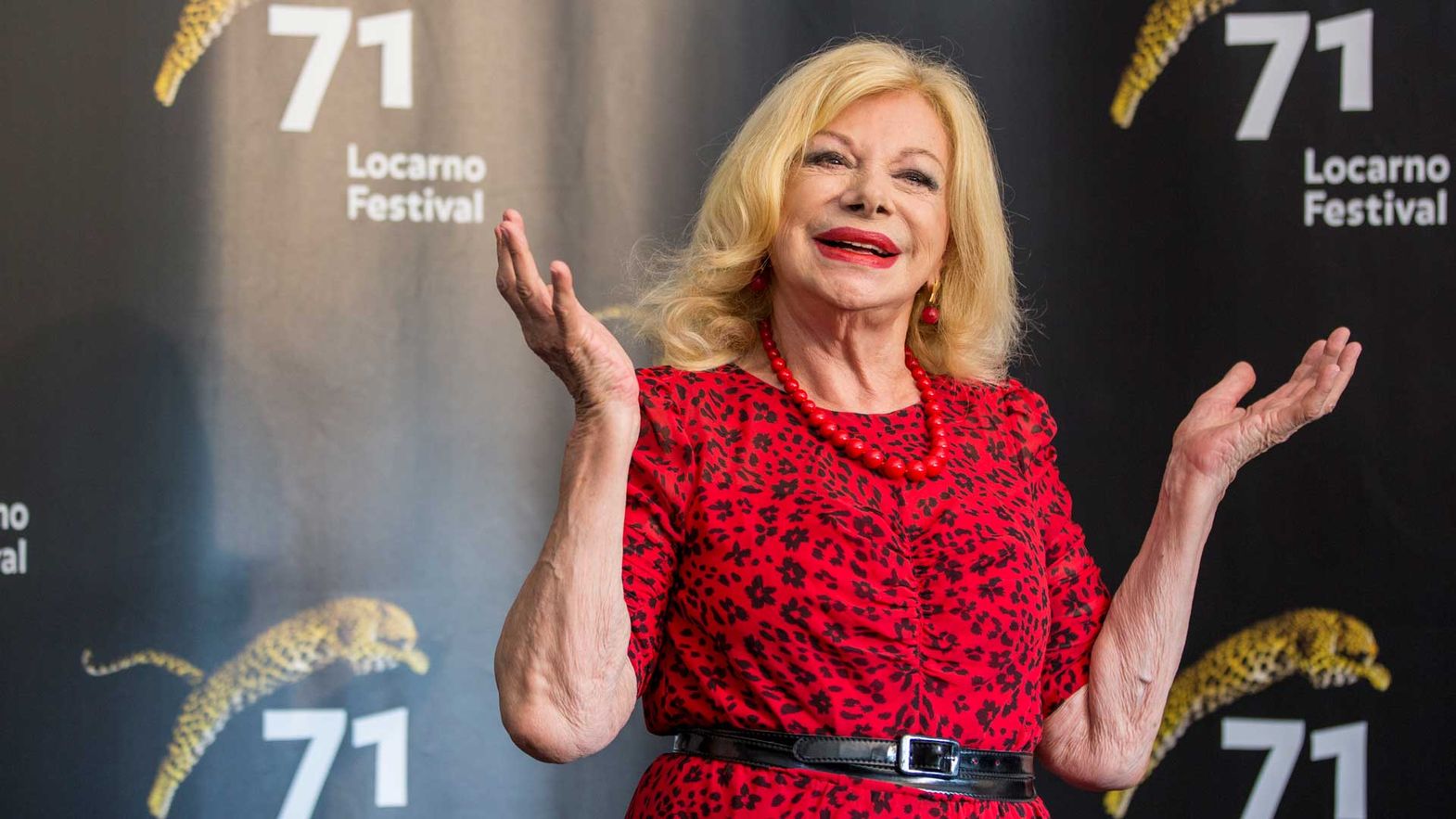 ©Locarno Film Festival
©Locarno Film Festival
Sandra Milo embodies the Edenic innocence of Italian cinema. A paradoxical innocence – 'glamorous,' but national-popular – capable of standing as a symbol, a sign even, of a historical moment. She was born in Tunis in 1933 and made her debut in film thanks to Antonio Pietrangeli, who wanted her for Lo scapolo (The Bachelor, 1955). After that, Sandra Milo entered the collective imagination of post-war Italy with a peculiar sweet arrogance. Hers was a cinema that, in that period, seemed unstoppable, producing one memorable film after another. In 8½ (1963) and, above all, Giulietta degli spiriti (Juliet of the Spirits, 1965), Sandra Milo embodies, through Fellini, an insurrectional eros where the spirits of Freud, Catholicism, and the new consumerist freedoms of the Italy of the economic miracle clash and intertwine. ‘Sandrocchia,’ Fellini called her, even though, with the hint of malicious irony that has always distinguished her, she preferred, winking, to recall less generous nicknames that the press of the time had coined for her. And that’s without ever neglecting to show a hint of pride in repeating them. She was also bound to Fellini by a strong, loving breadth of feeling, always evoked with considerable generosity and immense tenderness.
Yet, there are not only the unforgettable characters that the maestro from Rimini dreamt up for her, elevating Sandra to the Empyrean of eternal symbols. Between 1959 and 1961, she starred in two of Roberto Rossellini's most sorrowful films: Il generale Della Rovere (1959) and, above all, the magnificent and, at the time, sadly misunderstood Vanina Vanini (The Betrayer, 1961 - a work that, if you watch it again now, already contains the seeds of a Manoel de Oliveira film). Hers was an extraordinary comic and self-deprecating talent – just think of Steno's Totò nella luna (Totò in the Moon, 1958) and Pasquale Festa Campanile's and Massimo Franciosa's Le voci bianche (White Voices, 1964). She also worked extensively in France with outstanding directors such as Jacques Becker, André Hunebelle, Édouard Molinaro, and many others – not least of all Jean Renoir.
Working tirelessly, Sandra Milo performed in the sets of directors of the caliber of Dino Risi, Duccio Tessari, Luciano Salce, Ugo Gregoretti, Sergio Corbucci, and many others. This includes Pupi Avati, who wanted her for his magnificent Il cuore altrove (Incantato, 2003) and was indifferent to the barriers that critics tried to erect between so-called ‘high’ and ‘low’ cinema.
The last time we had the pleasure of having Sandra Milo in Locarno was in 2018, when she accompanied Denis Rabaglia's film Un nemico che ti vuole bene, starring opposite Diego Abatantuono. On that occasion too, her generosity shone through, despite her advanced age, which was belied by her courageous energy. Sandra is a star – a true one – that will shine forever in the firmament of Italian cinema.
Giona A. Nazzaro
Artistic Director